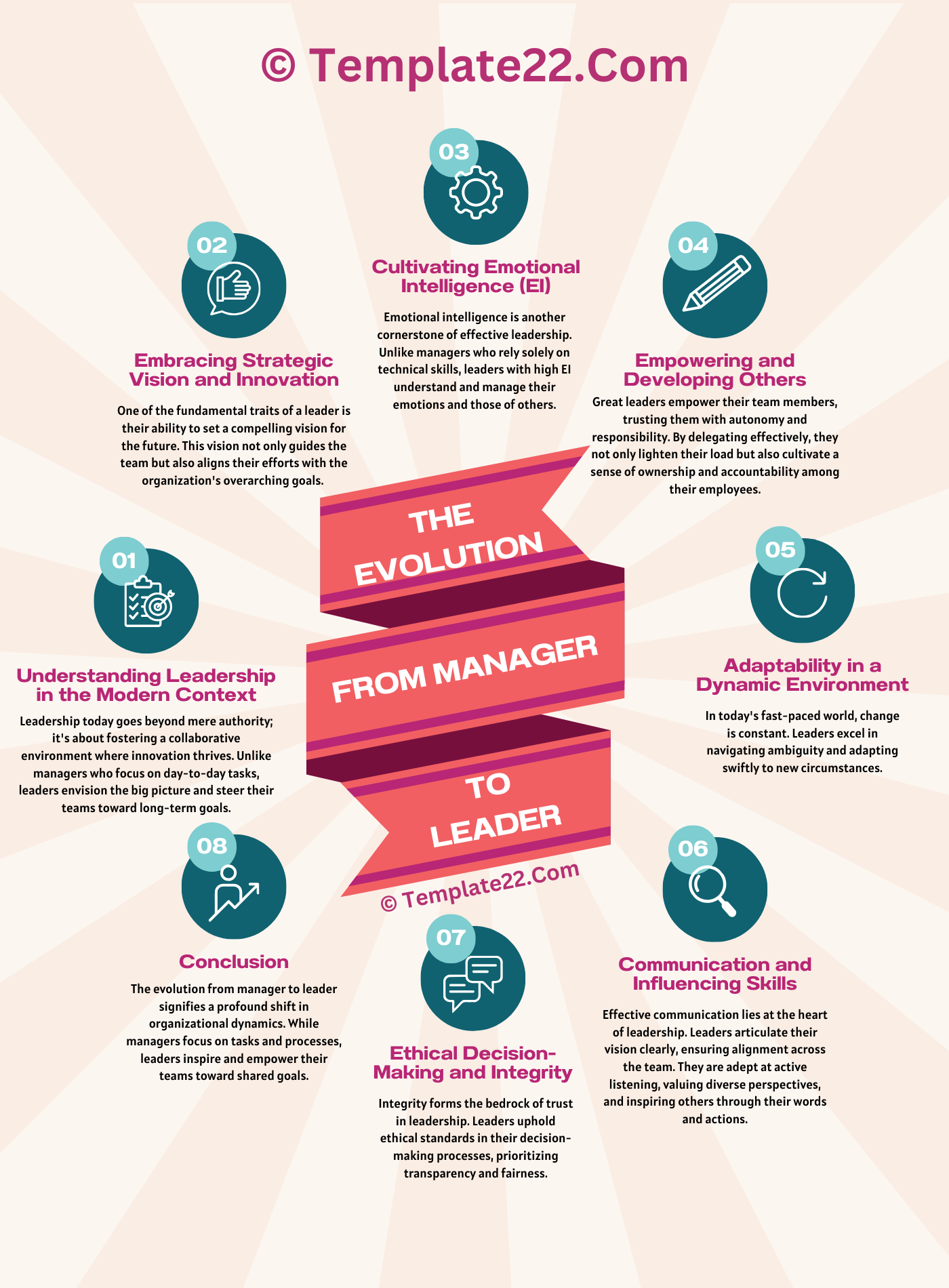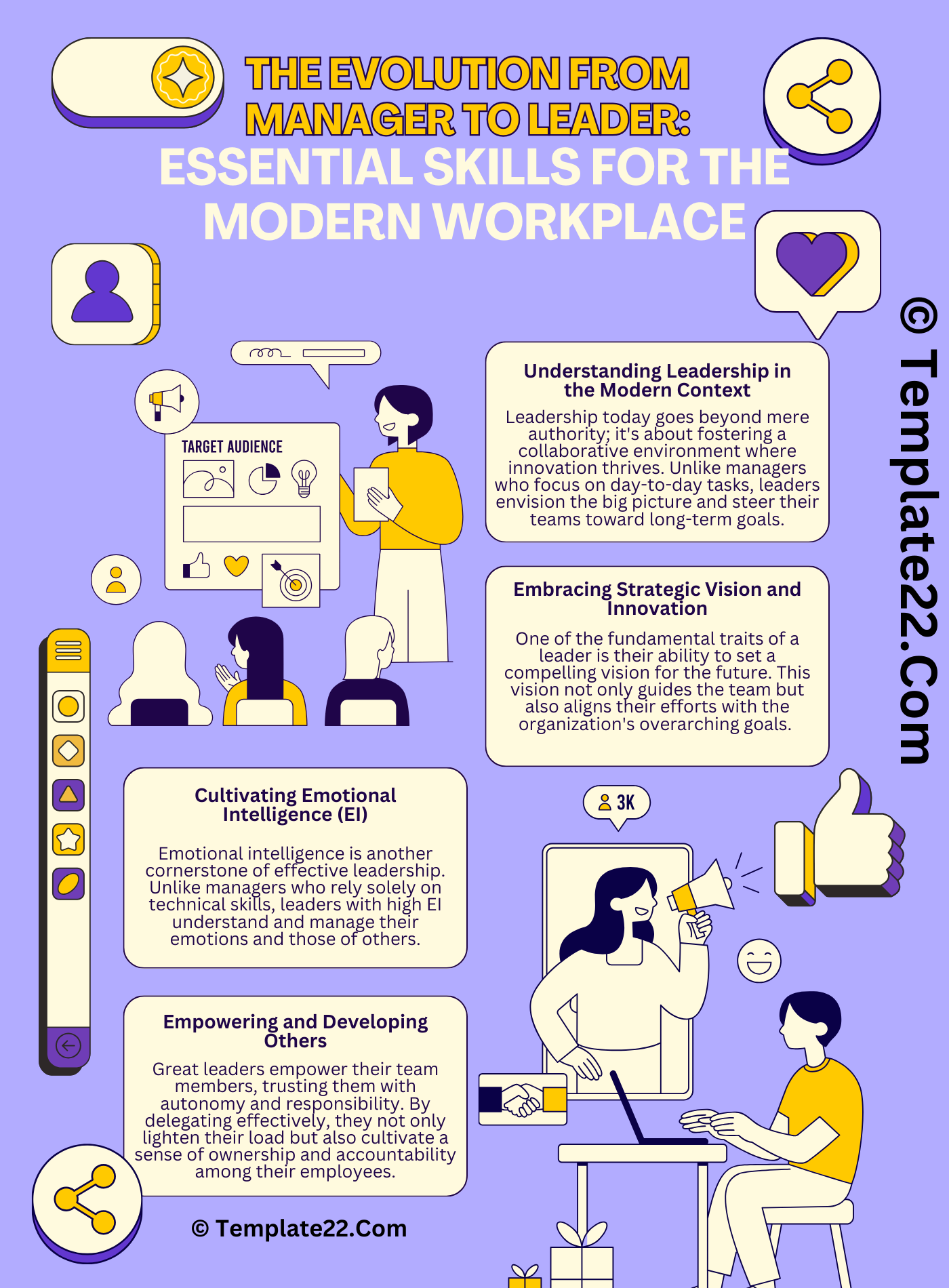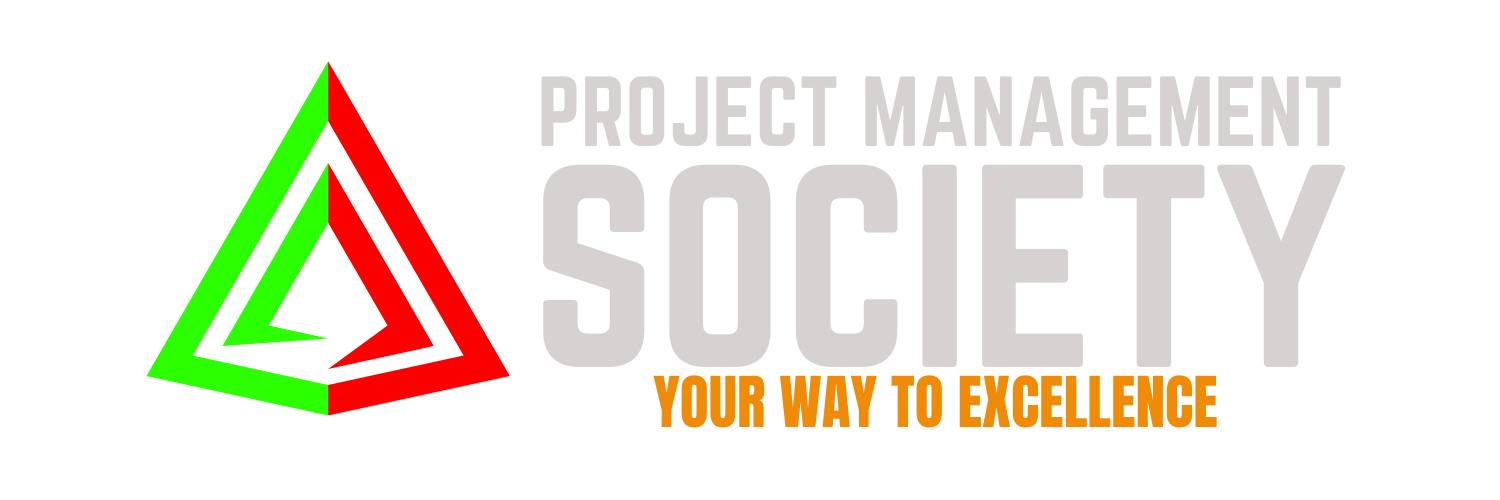 In today’s rapidly changing workplace dynamics, the role of a manager has evolved far beyond traditional task delegation and oversight. Modern organizations increasingly value leaders who not only manage operations but also inspire and empower their teams to achieve greater heights. Let’s delve into the essential skills that define this transformation from the Evolution from Manager to Leader.
In today’s rapidly changing workplace dynamics, the role of a manager has evolved far beyond traditional task delegation and oversight. Modern organizations increasingly value leaders who not only manage operations but also inspire and empower their teams to achieve greater heights. Let’s delve into the essential skills that define this transformation from the Evolution from Manager to Leader.
Understanding Leadership in the Modern Context
Leadership today goes beyond mere authority; it’s about fostering a collaborative environment where innovation thrives. Unlike managers who focus on day-to-day tasks, leaders envision the big picture and steer their teams toward long-term goals. This shift requires a blend of strategic thinking, emotional intelligence, and a deep understanding of organizational dynamics.
CLICK HERE TO DOWNLOAD 300+ PROJECT MANAGEMENT TEMPLATES & DOCUMENTS IN EXCEL
Embracing Strategic Vision and Innovation
One of the fundamental traits of a leader is their ability to set a compelling vision for the future. This vision not only guides the team but also aligns their efforts with the organization’s overarching goals. Leaders embrace innovation, encouraging creative thinking and experimentation among their teams to stay ahead in a competitive landscape.
Cultivating Emotional Intelligence (EI)
Emotional intelligence is another cornerstone of effective leadership. Unlike managers who rely solely on technical skills, leaders with high EI understand and manage their emotions and those of others. This skill enables them to foster strong interpersonal relationships, resolve conflicts constructively, and motivate their teams during challenging times.
CLICK HERE TO DOWNLOAD 300+ PROJECT MANAGEMENT TEMPLATES & DOCUMENTS IN EXCEL
Empowering and Developing Others
Great leaders empower their team members, trusting them with autonomy and responsibility. By delegating effectively, they not only lighten their load but also cultivate a sense of ownership and accountability among their employees. Furthermore, leaders invest in the growth and development of their team members, offering mentorship and opportunities for skill enhancement.
Adaptability in a Dynamic Environment
In today’s fast-paced world, change is constant. Leaders excel in navigating ambiguity and adapting swiftly to new circumstances. They remain flexible in their approach, adjusting strategies and priorities as needed while keeping the team focused and motivated amidst uncertainty.
Communication and Influencing Skills
Effective communication lies at the heart of leadership. Leaders articulate their vision clearly, ensuring alignment across the team. They are adept at active listening, valuing diverse perspectives, and inspiring others through their words and actions. Moreover, leaders possess strong influencing skills, persuading stakeholders and gaining buy-in for initiatives that drive organizational success.
Ethical Decision-Making and Integrity
Integrity forms the bedrock of trust in leadership. Leaders uphold ethical standards in their decision-making processes, prioritizing transparency and fairness. They lead by example, demonstrating integrity in their actions and decisions, which fosters a culture of trust and respect within the organization.
Conclusion
The evolution from manager to leader signifies a profound shift in organizational dynamics. While managers focus on tasks and processes, leaders inspire and empower their teams toward shared goals. By embracing strategic vision, emotional intelligence, adaptability, and ethical leadership, modern leaders not only drive performance but also cultivate a culture of innovation and collaboration. In today’s competitive landscape, these essential skills are crucial for navigating challenges and achieving sustained success in the modern workplace.
In essence, leadership is not merely a position but a journey of continuous growth and learning. Aspiring leaders who cultivate these skills are well-positioned to lead their teams toward excellence in the dynamic and evolving world of business.

